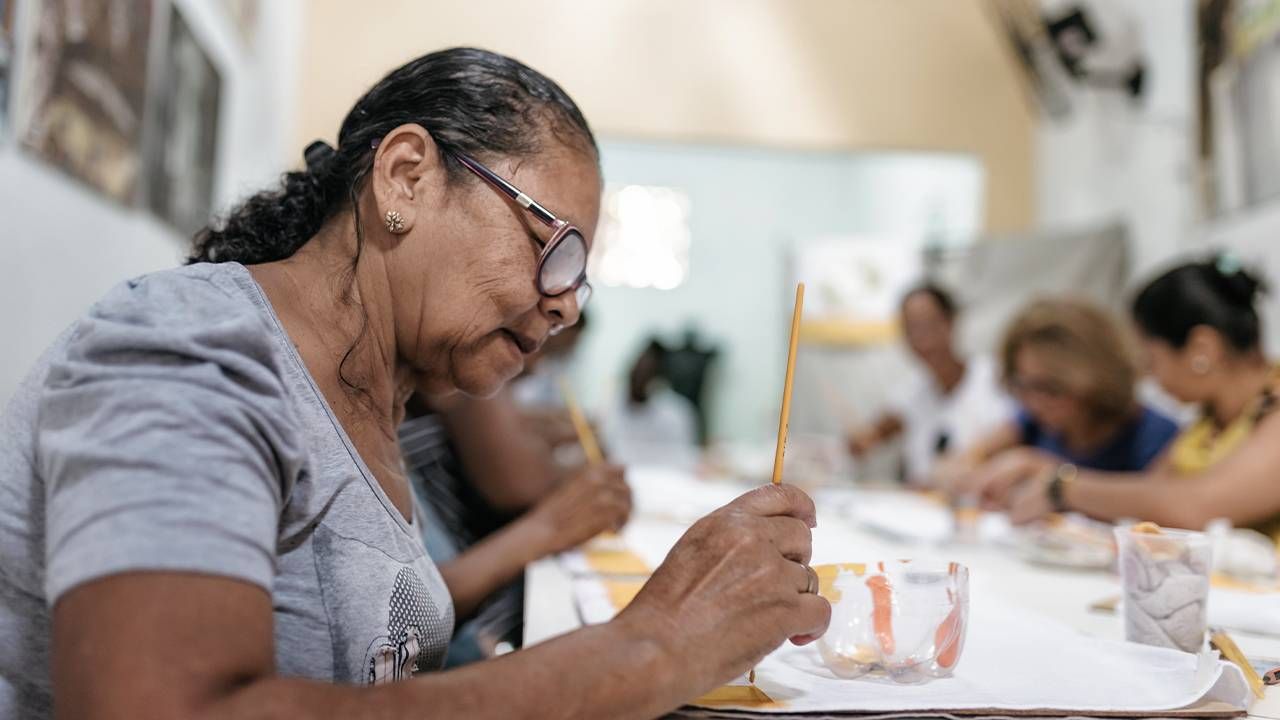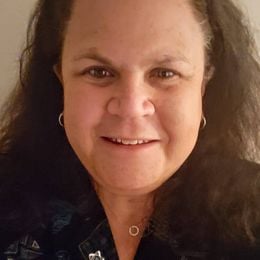The Impact of Third Places for Solo Agers
Community centers, coffee shops, bookstores — these are just a few of the places where solo agers can make connections with others and enhance their support systems
The role that a robust, age-diverse support system plays for a solo ager (an aging adult 55+ single or partnered, who is without the support of adult children or close family members) is critical.

Connection to others is extremely important as one navigates their own health, the complexities of the health care system as a whole, and residential, financial and legal decisions. For solo agers, identifying personal contacts and qualified professionals to serve in these key roles that are "traditionally" filled by adult children/relatives requires careful and intentional planning.
It is equally important to be intentional about one's social support and connections. Where one lives and what access there is to community services and support is an important consideration. It is not always on people's checklists when researching the topic of community and housing as one ages, but it should be.
Connecting with others assists with improving our self-esteem, feeling cared for, reducing stress and increasing our resilience.
Being part of and connected to a community has a major impact on our health and personal satisfaction. Connecting with others assists with improving our self-esteem, feeling cared for, reducing stress and increasing our resilience.
While Oldenburg's research focused on physical locations, it has become clear throughout our time navigating the pandemic that "virtual" places can play a role in our connection to others and to the community at large.
As one ages, meeting new people becomes more difficult. After retirement, there is no longer the ease of making new connections via a work environment, and for solo agers, there are not additional connections available via the friends of children or grandchildren. Yet, social support is critical to all aspects of our lives.
In my work with solo agers, I am often asked, "How do I make new connections?" and "Where can I meet new people?"
While it can be difficult to meet new people as we age, we often overlook the impact of our connection to "third places," which can offer new opportunities to expand and enhance our support systems.
What Are Third Places?
"Third places" is a term coined by urban sociologist Ray Oldenburg and refers to places where people spend time between home ("first" place) and work ("second" place). They are locations where we exchange ideas, have a good time, and build relationships. They are comfortable spaces and accessible to everyone.
Third places are a part of our daily life and community and we connect to them in a variety of ways. Some are free or low cost — parks, libraries, community and senior centers, faith communities, adult education and other classes, and volunteer organizations. Others are commercial establishments like restaurants, coffee shops and bookstores. They can also be places that offer personal services such as salons, barbershops and gyms.
These connections and opportunities are not only a helpful adaptation as a result of the pandemic, but offer greater access and connection to those who are unable to travel for mobility or other reasons. The ability to attend a talk, meeting, book club, class or social gathering via video chat furthers our connection to others.
How to Make New Connections
Being connected socially to others offers a greater sense of purpose. It also lowers cardiovascular risks, including lowering blood pressure, motivates you to engage in a healthy lifestyle and encourages medication and treatment adherence.
To explore where there might be opportunities to make new connections consider:
- Do I have a daily routine? Where do I go and who do I encounter? Who do I see/speak to every day?
- Do I have a weekly routine? Who do I see/speak to once per week?
- Do I have a monthly routine? Who do I see/speak to monthly?
- Am I a member of an “in person” group/groups?
- Book club, cards, Mah Jongg, current events, meditation, knitting, photography, walking, classes, birding
- Am I a member of an online community or group/groups?
- Book club, current events, classes, faith community, professional
Stop into a local bookstore and review what talks and programs they offer. Meet a friend for coffee somewhere new.
Once you have given thought to what might be available to you, explore your interests. (Presuming it is healthy to do so.) Stop into a local bookstore and review what talks and programs they offer. Meet a friend for coffee somewhere new.
Make a list of things you would like to try and find ways to make it happen. Enroll in a course at an area university/college or your community adult education program. Take an art or writing class. Volunteer and meet others with similar interests. Join a book or photography club.
In my experience as an independent board-certified patient advocate, and solo aging advocate and educator, the concern over a limited support system often weighs on the minds of solo agers.
Approaching the spaces and "third places" you connect with daily, weekly and monthly in a different way and with new perspective can offer new opportunities and enhance your social network.

Read More

